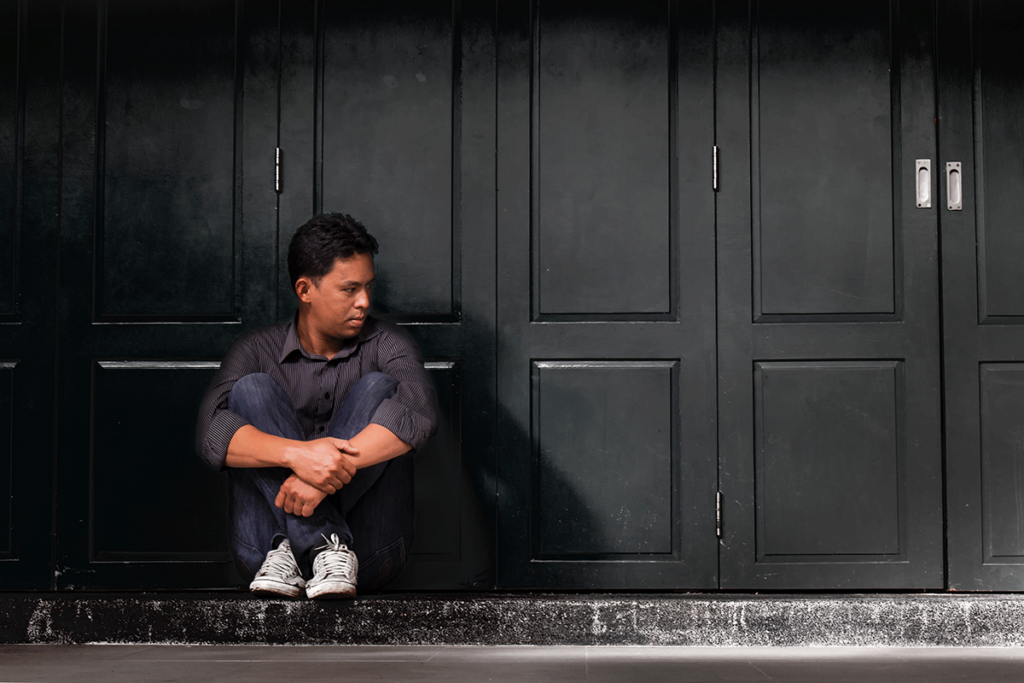Opioid dependence has been an issue of growing concern over the last few decades. Now categorized as a public health crisis, more people each year find themselves in a deeply unhealthy relationship with opioids. If people can understand how opioid dependence affects individuals, physically and mentally, it will be easier to put a stop to the trend of addiction and overdose.
At Footprints Beachside Recovery, we’re committed to the same goal. Informing our clients and providing quality treatment are the central pillars of what we stand for. Our specialty team is committed to helping you or your loved ones achieve sobriety from opioid use. Call us at 727-954-3908 or reach out to us online to ask about our opioid rehab in Treasure Island, Florida.
How Long-Term Opioid Abuse Leads to Addiction
When abused for long enough, opioids can begin to shape the course of an individual’s life. At a certain point, a significant percentage of decisions made reflect the desire to consume opioids. Not everyone will experience the progression of addiction in the same way, but these three stages are incredibly common nonetheless.
Tolerance
Becoming tolerant is a process that occurs over several uses of the same drug over a period of time. Since the body naturally attempts to keep itself chemically balanced, introducing drugs of any kind causes the body to react in a way that keeps itself more stable. When drugs are taken consistently, parts of the body will slow or cease to function to facilitate balance, making smaller doses of the same drug less impactful. This causes individuals to desire higher quantities in shorter succession.
Dependence
Much in the same way as tolerance, dependence is caused by the body’s efforts to maintain stability. However, dependence and tolerance are like two sides of the same coin—instead of pure toleration, dependence means the body has grown to expect a level of drug intake to function normally. Without it, withdrawal symptoms can cause massive pain and discomfort.
Addiction
Long-term abuse doesn’t just present behavioral changes—the health risks associated with heavy opioid use are both severe and plentiful. Chronic use and a tendency to relapse are signs of addiction, a process characterized by compulsive drug-seeking behavior. People who are addicted to opioids continue to take them, even knowing the harm they cause to themselves and others.
How Opioid Dependence Is Treated
Opioid dependence can be treated in professional settings with a significantly reduced risk of relapse or withdrawal. Having any substance use disorder treated in a dedicated rehab center means clients will be able to focus on recovery without distraction. Therapy is a crucial part of a comprehensive treatment plan, too. At Footprints Beachside Recovery, working with our therapists to determine what factors led to opioid abuse in the first place means you can recover stronger and faster.
We offer a number of therapeutic approaches that can help, no matter your situation, including:
- Individual therapy
- Group therapy
- Dual diagnosis groups
- Trauma therapy
- Nutrition and fitness
- Holistic activities
These varied techniques mean that every client can find which mode of recovery suits them best. Working with our specialists means you can readily find a treatment strategy that feels uniquely yours.
Discover Opioid Addiction Treatment in Treasure Island, FL at Footprints Beachside Recovery
Everyone here at Footprints Beachside Recovery comes from a place of personal understanding when it comes to living with addiction. Living with opioid dependence means you or a loved one may miss out on what life has to offer. Our beautiful recovery center on the shores of the Gulf of Mexico is perfectly suited for recovery that will leave a lasting impact. Call us today at 727-954-3908 or reach out online to learn how our team can help you overcome the pain of opioid dependence.



